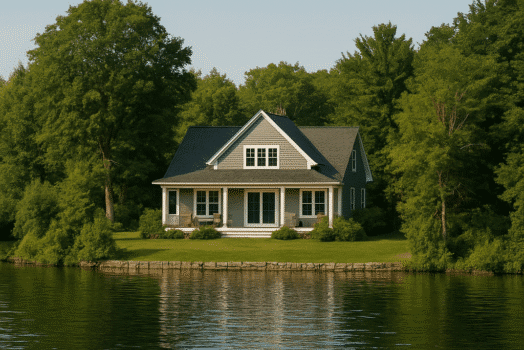Did you know that toxic mold can force you out of your home? The presence of mold in your home can negatively affect the air quality. If you learn how to prevent mold after water damage, we can help.
This guide will give tips for preventing mold after water damage. You’ll learn about ways you can reduce the humidity in your home.
Want to learn more? Keep reading.
Assess the Damage
First, you should determine how much water damage occurred in your home. Try to walk around the house and inspect the different rooms. Did the flood occur only in the basement?
Have a rough idea of where the water damage occurred. This way, if you need to hire a specialist, you can give them a rough idea.
Try to Control the Moisture in Your Home
You can stop mildew and mold from growing in your home by controlling the dampness. Infestations tend to occur in a damp crawlspace or a wall where there’s a water leak.
Basements that don’t have good foundation drainage end up with mold problems. Ensure you have excellent ventilation in attics, stop leaks, and keep your crawl spaces dry.
Do You Have a Large Fan?
Make sure your fan is large enough for your bathroom. The fan should clear out the moisture in your bathroom within 10 minutes. The fans aren’t moving enough air in the bathroom if it remains damp.
You should get a fan that suits the size of your bathroom.
What About Humidity Sensors and Timers?
Bath fan timers are also an option. The fan will get rid of extra humidity. Humidity will condense on windows, and mildew will also grow inside walls.
A wall switch timer will have controls for turning off lights and fans after a preset time. If you need a fan timer, look at getting a humidity-sensing fan.
Clean Mold Right Away
Surface mold will grow in damp areas like your ceramic tile shower or the grout lines. You should use a mix of water and detergent to clean away the mold. Let the surface dry.
You could also use a solution of water and bleach. Spray the solution or brush it on the moldy areas.
Make sure you let the solution sit for at least 10 minutes.
Try Using Paint With Mildewcide
You can pick up paint that has mildewcide in it. It will control the surface mold in damper areas like the bathroom or outside in shady areas.
A lot of paints have mildewcide in them. If you need to repaint walls in your home, look at getting this kind of paint.
Make Sure You Stop a Leak Right Away
You can prevent mold after water damage by acting fast. If your pipes are gushing or your toilet overflowed, look at shutting off the main water valve.
You should also turn on the lowest faucet in your house. This will let the water drain out of the faucet instead of through the leaking pipe.
Move fast to clean up the area so you don’t end up with permanent damage. If you delay the clean-up, you will end up with mold growing in your walls. It will cost thousands to get rid of mold in your walls.
Avoid Acting in a Rash Manner
You might want to wade through the water and remove your belongings. Yet, you shouldn’t act in a rash manner because the water might be dangerous.
Water that contacts electricity is deadly. Stay out of the water until you turn off the power. Floodwaters can also contain toxic chemicals and even breed harmful bacteria.
Make sure you cover sores or cuts and protect them from floodwater. You should wear plastic gloves when picking up items that got wet.
You Can Prevent Major Issues
There are some ways you can prevent a major crisis. Turn off the main water valve if you leave your home for an extended period.
Try using stainless steel no-burst hoses for your faucets, toilets, and washing machines. You could pick up frost-proof outdoor faucets as well.
Call a Professional
If dealing with water damage, you should call a mold remediation company.
The professionals will come in and assess the damage. They will inspect your home and clean up the mold. They will also use cleaners to help prevent new mildew from growing.
Mold in your home can end up causing you and your family members to get sick. Avoid situations like this by working with professionals.
Do You Have Insurance?
Finally, you should also make sure you have proper insurance coverage for your home. This way, if you face an emergency, you will get some financial aid.
Look at speaking with your insurance provider and assessing your current policy. Will the policy protect you from water damage? If you live in a region that will flood, look at getting the right coverage.
Look at getting Better Flood insurance.
How to Prevent Mold After Water Damage
We hope this guide on preventing mold after water damage was helpful. You should look at calling a professional if you have experienced a significant water crisis.
Clean up any spills immediately and use mold-resistant products and cleaners.
Are you looking for more helpful home maintenance tips? Would you like to learn how to prevent other issues at home? We have so many helpful articles for you to read and become a savvy homeowner.




